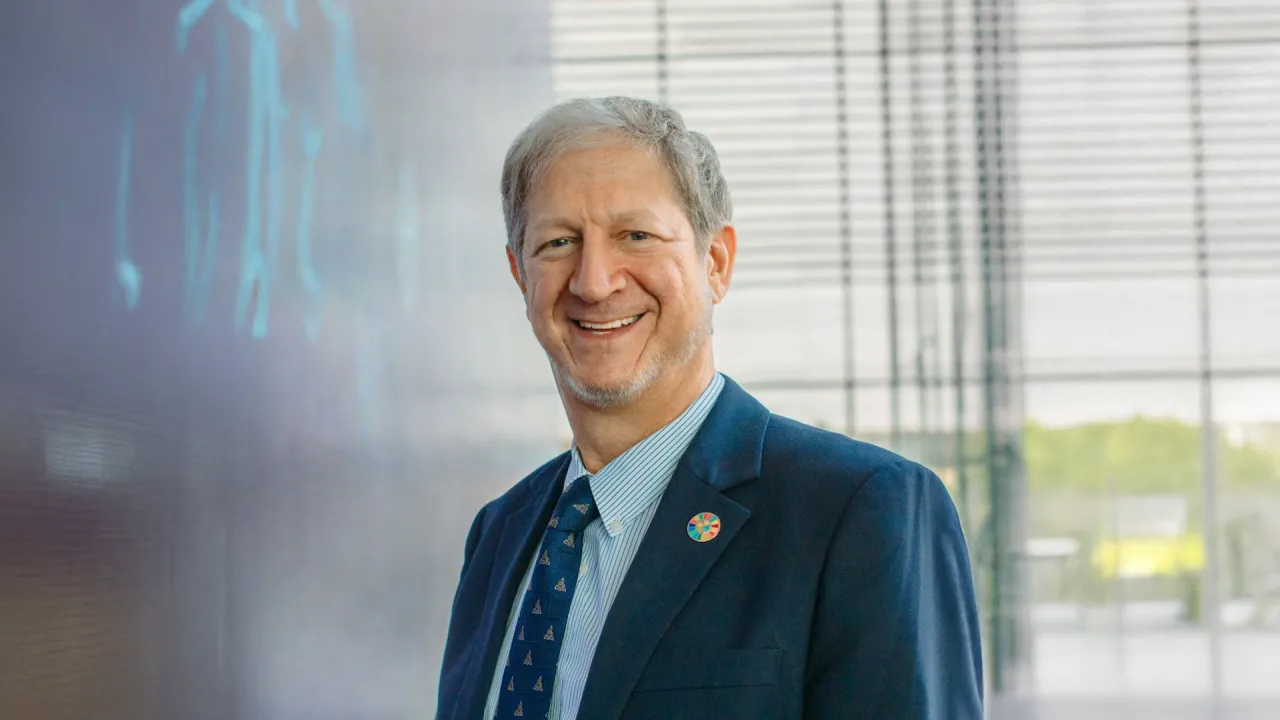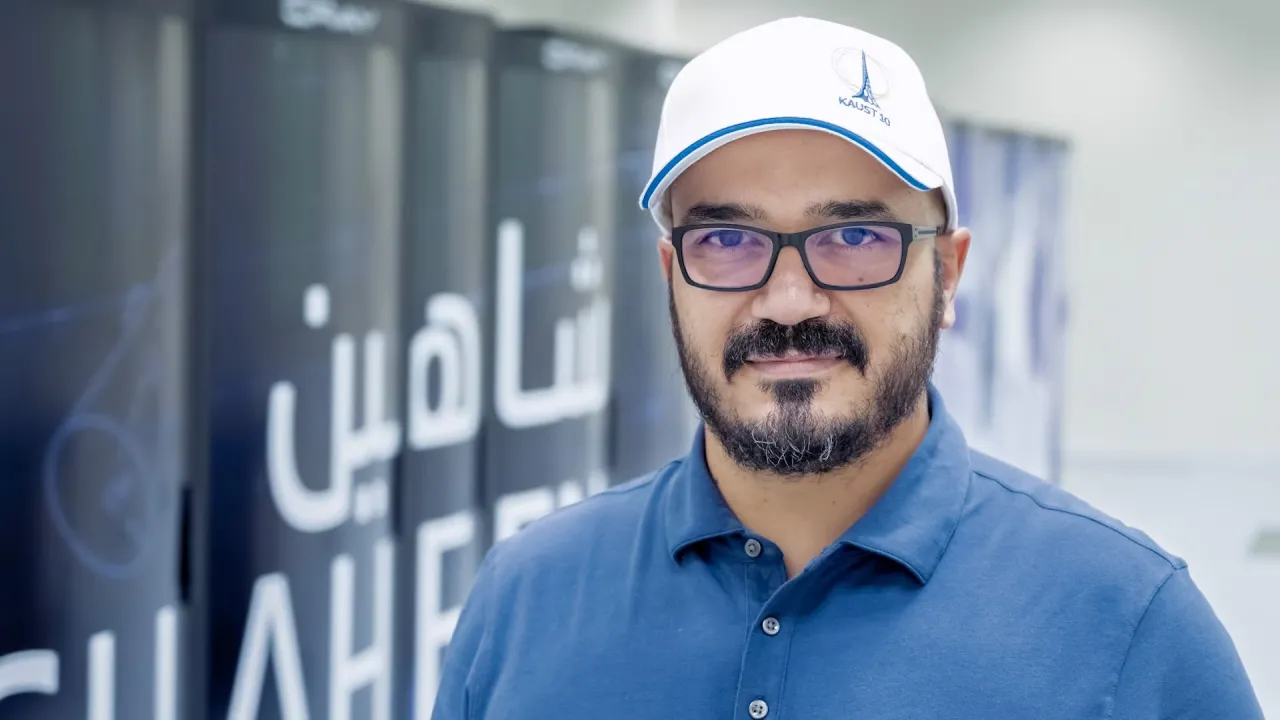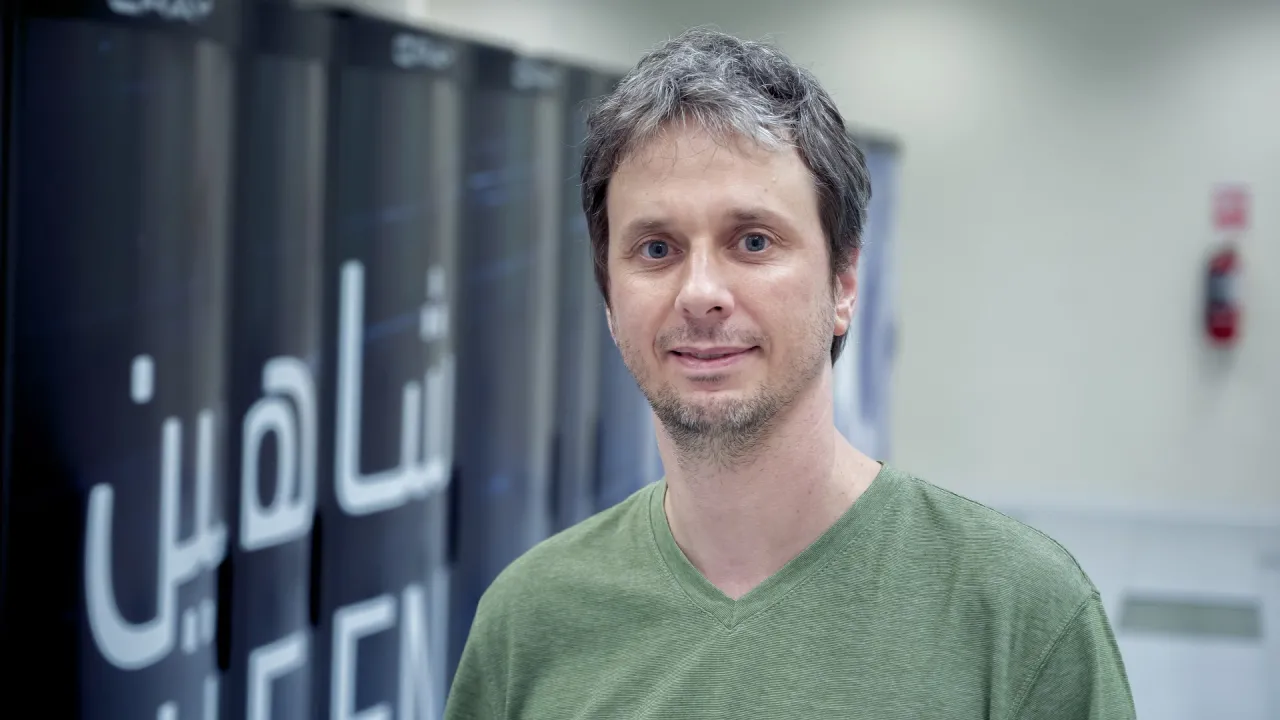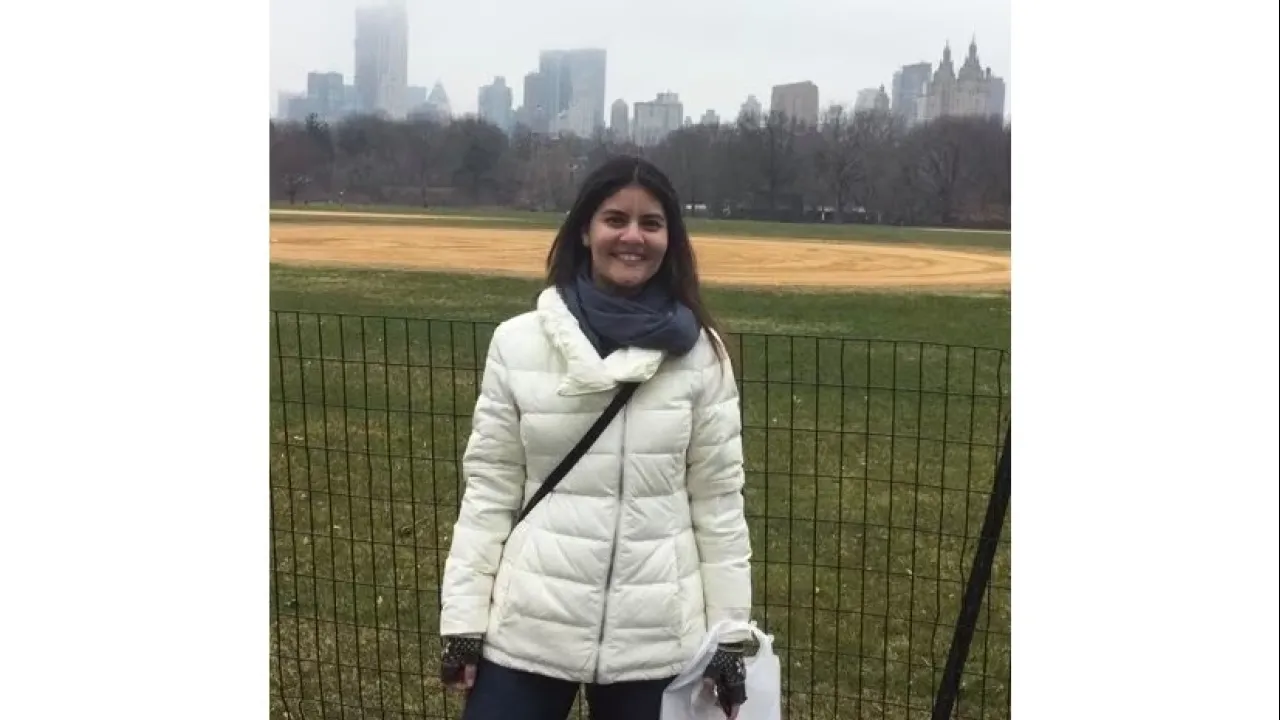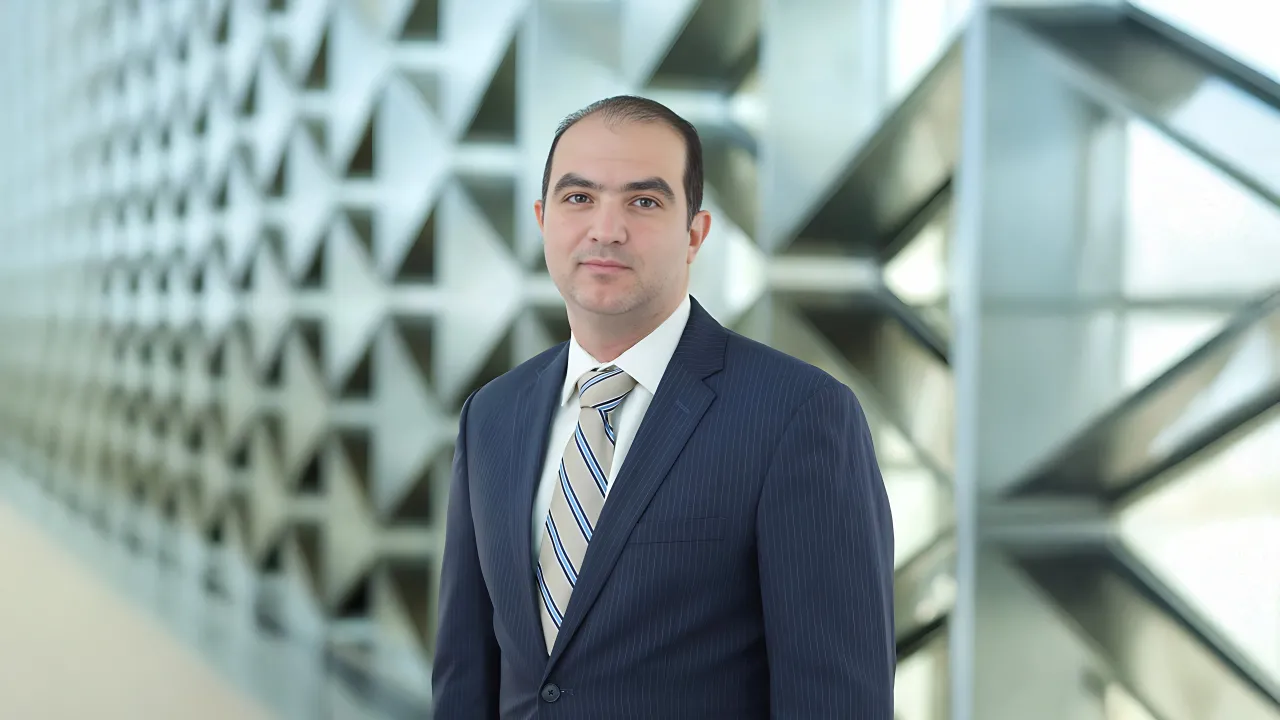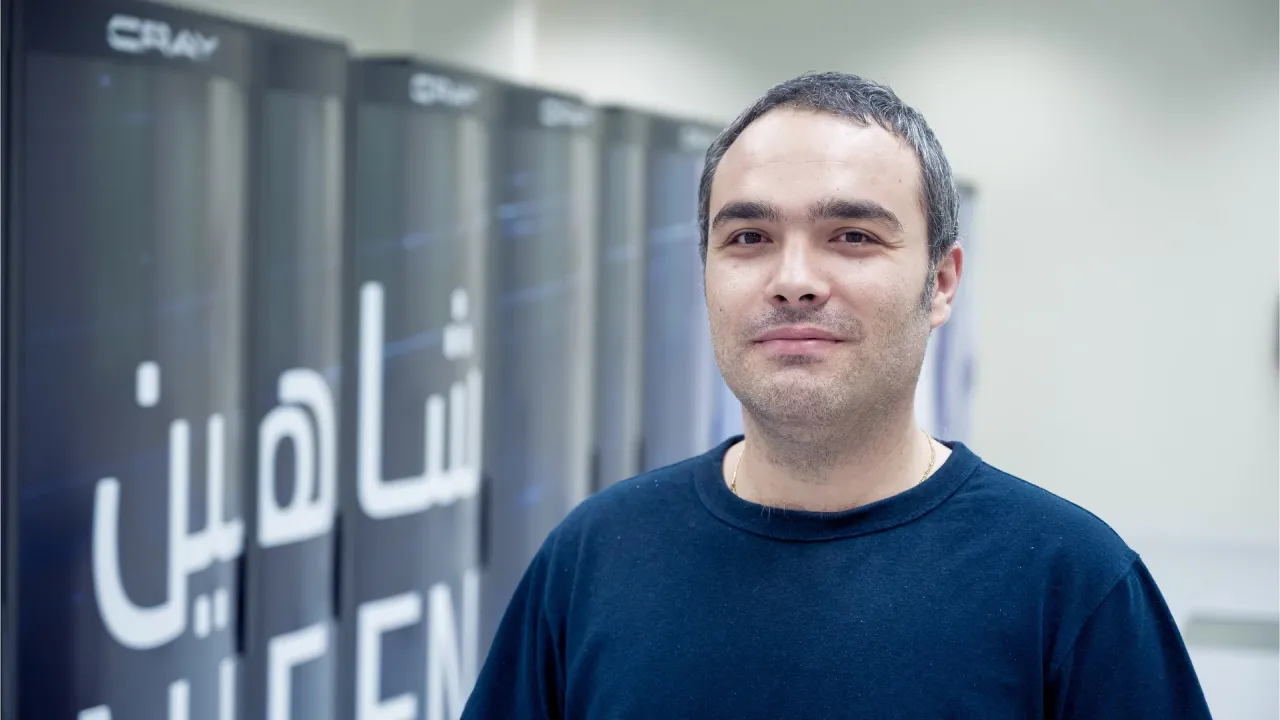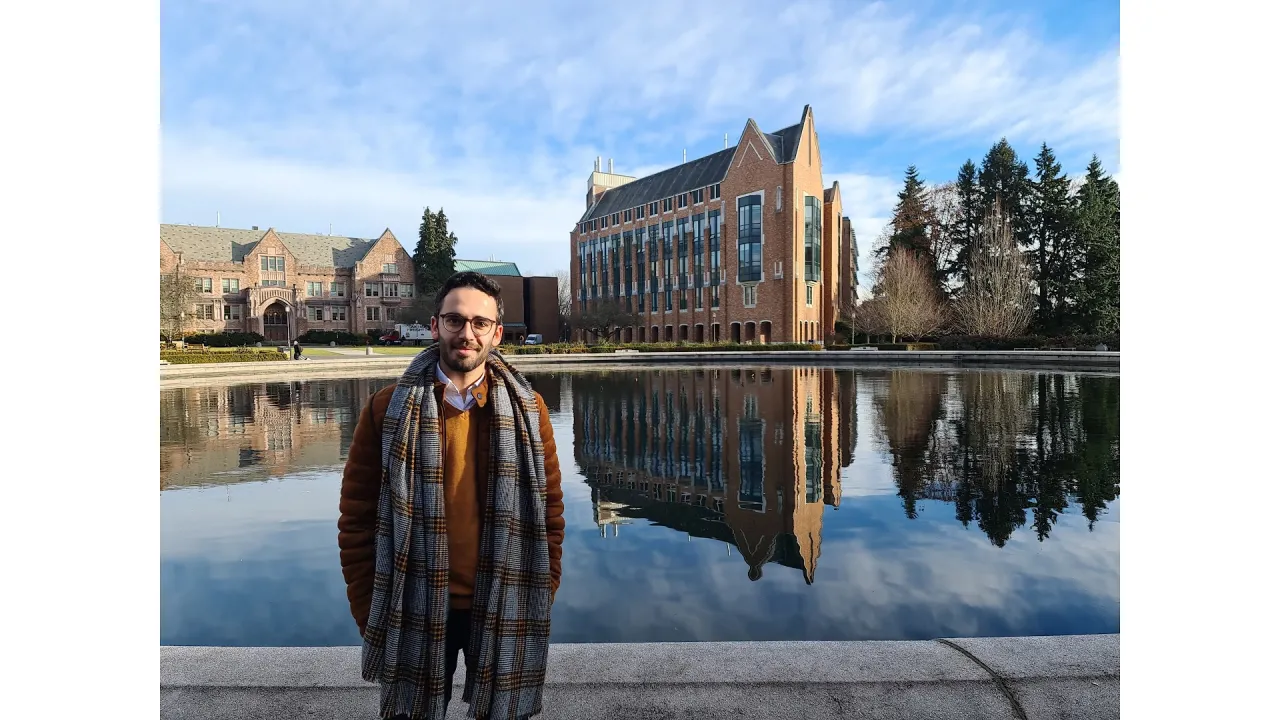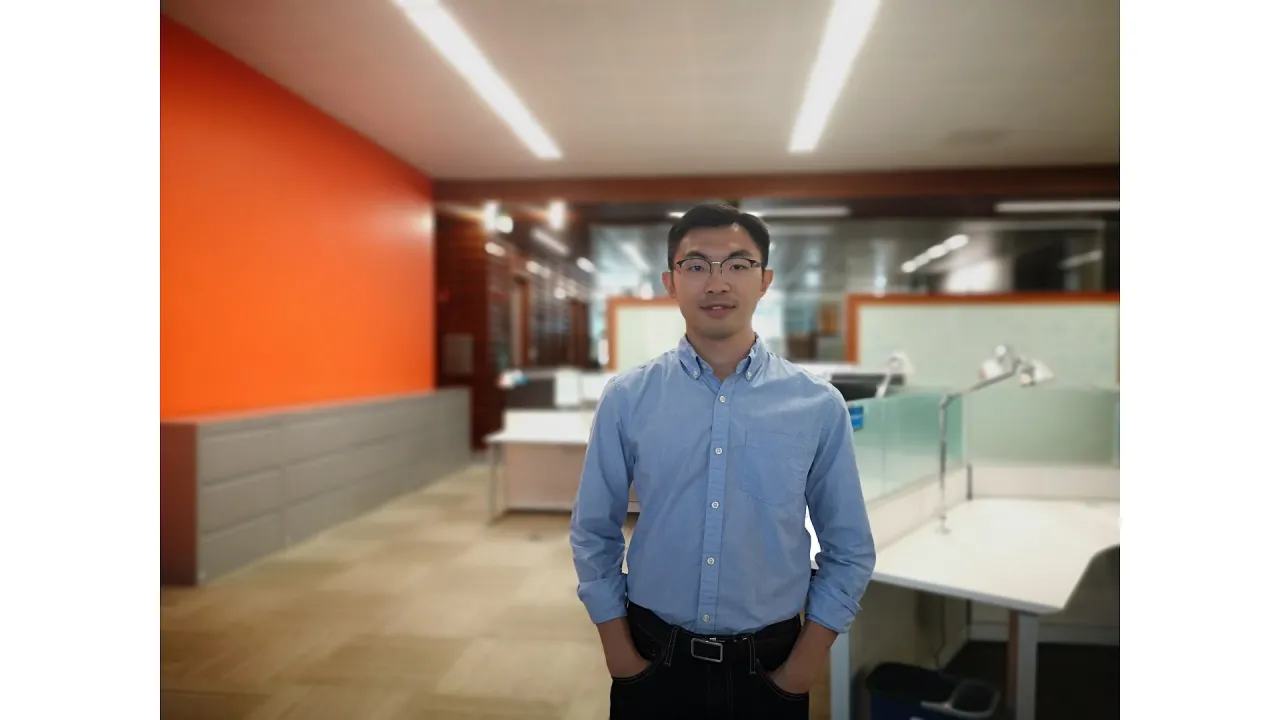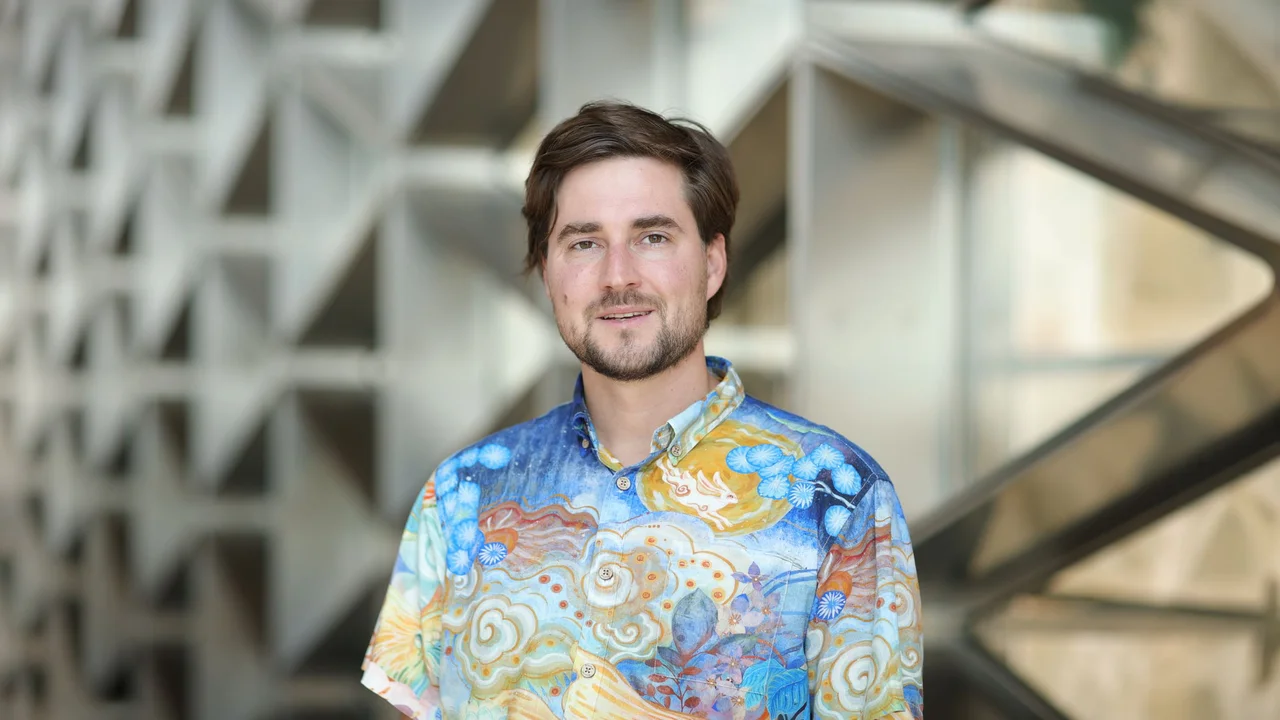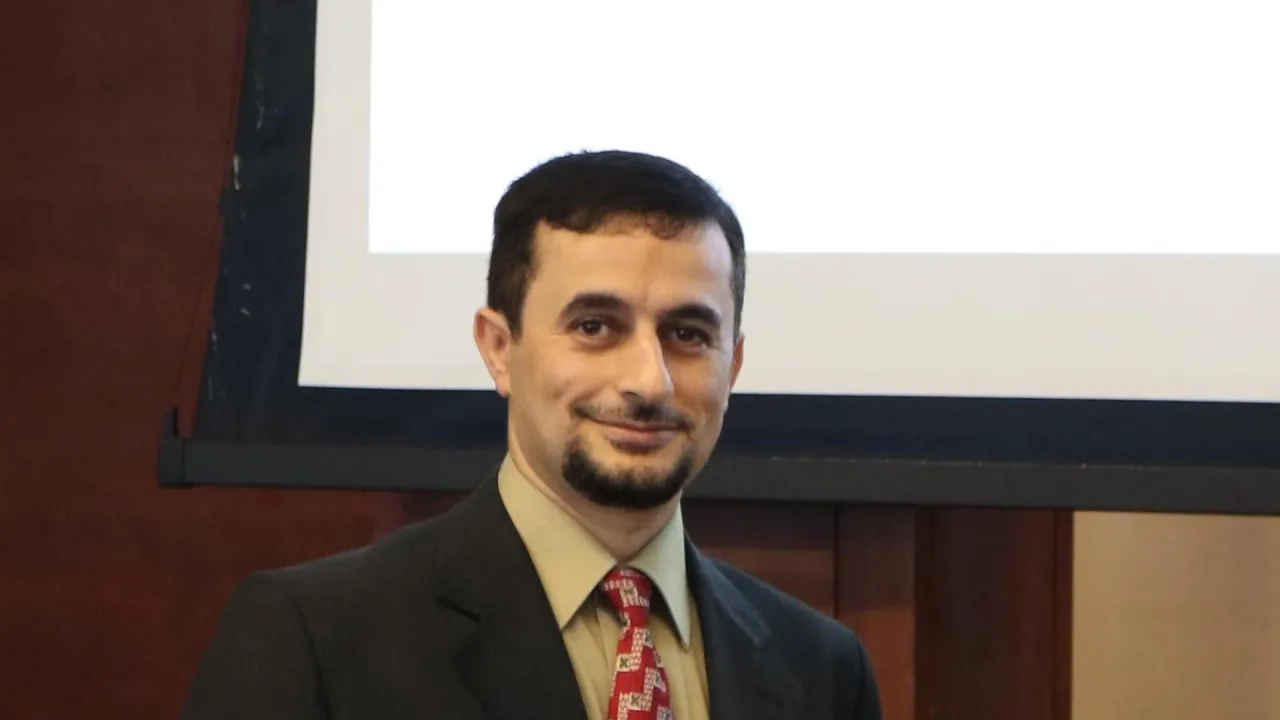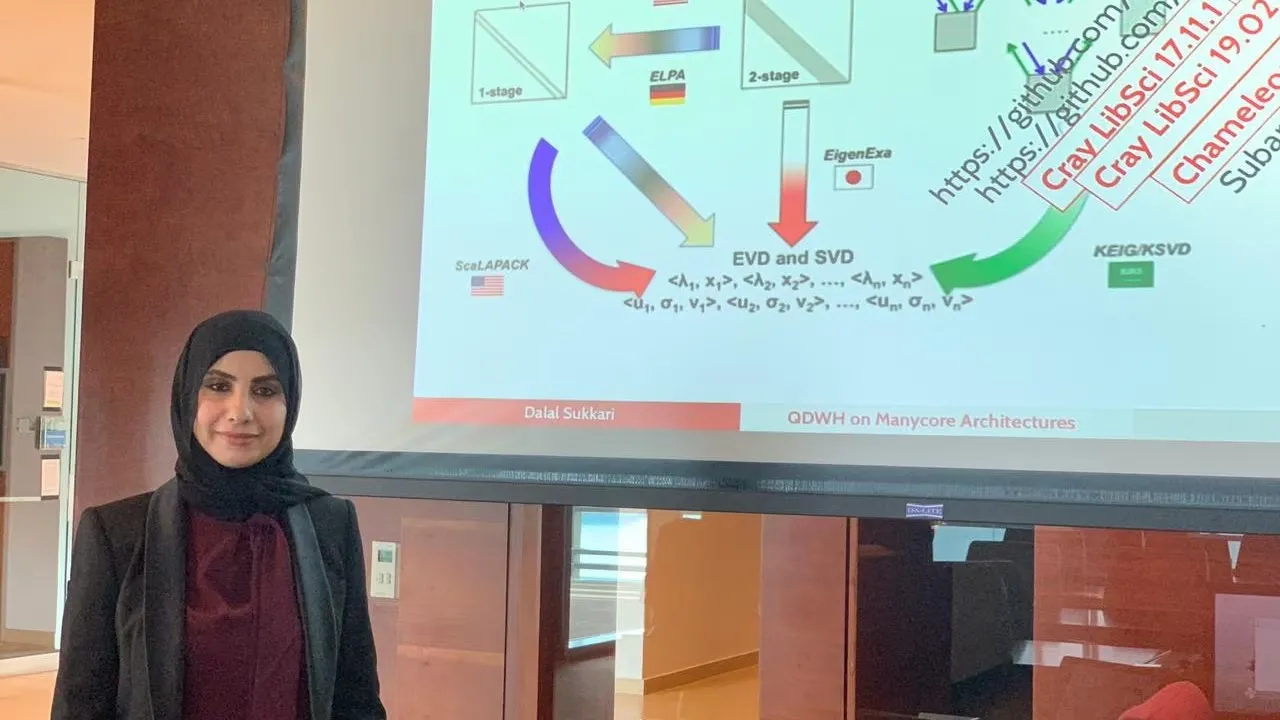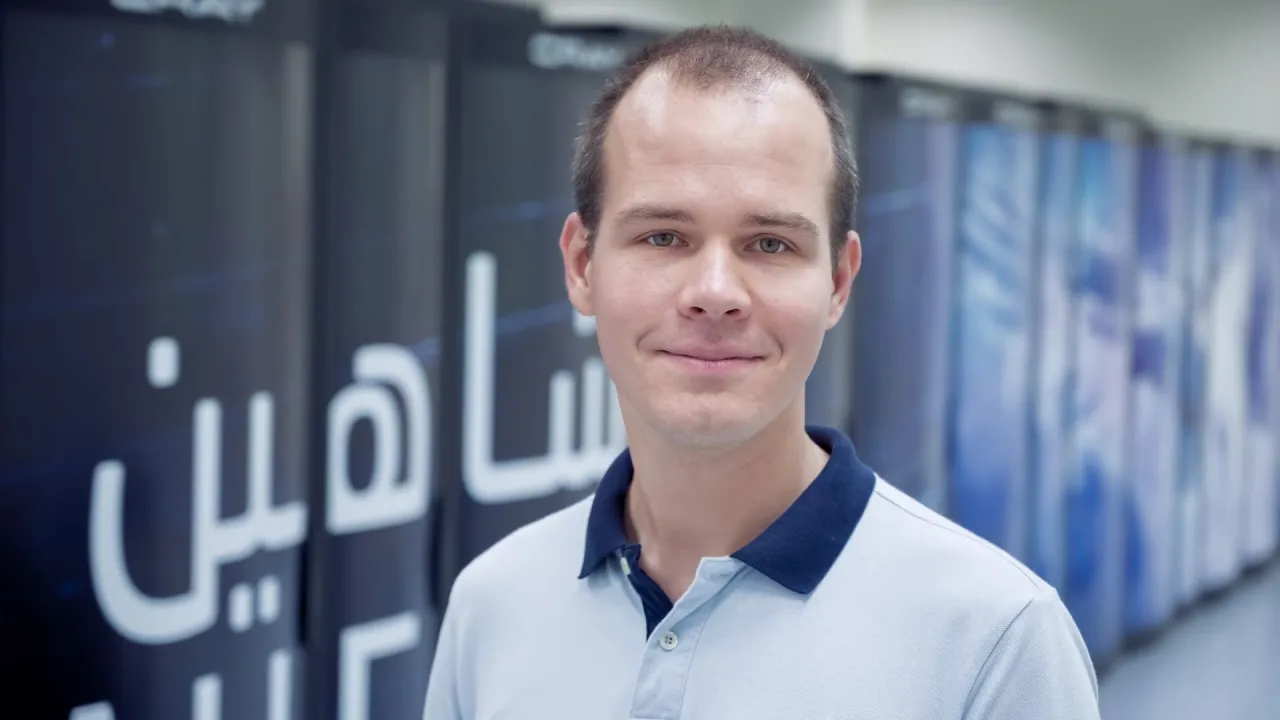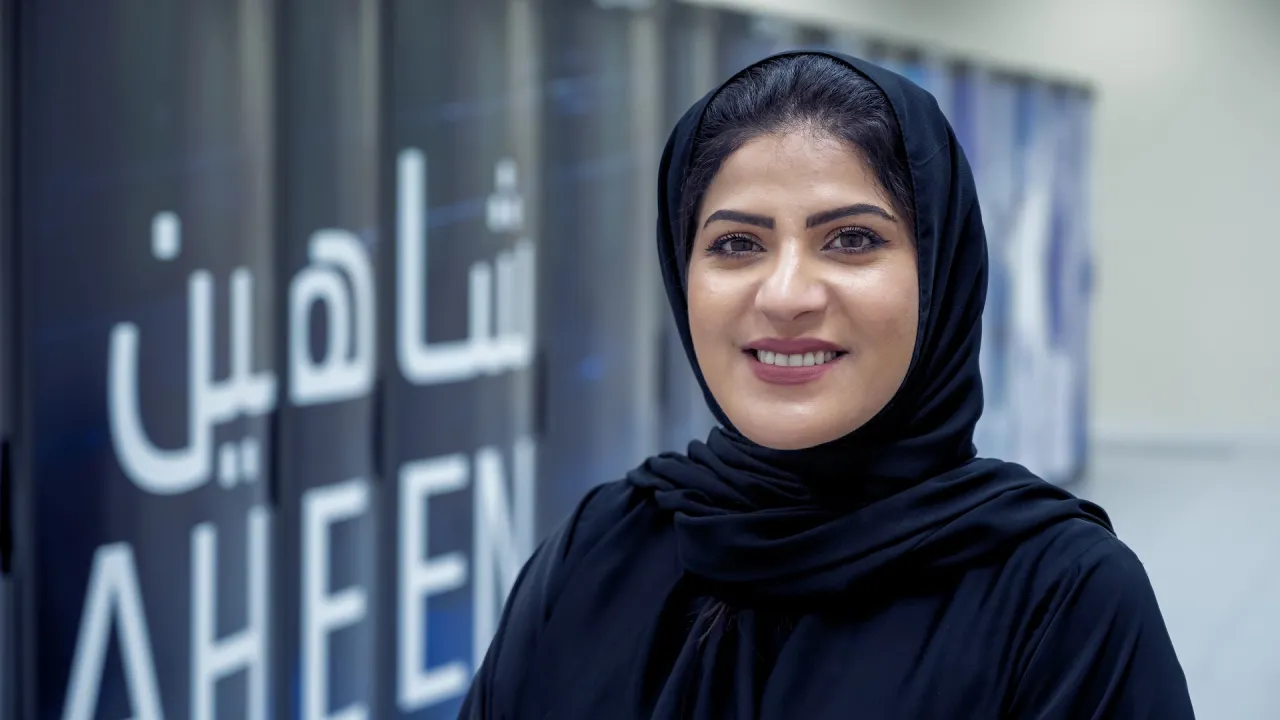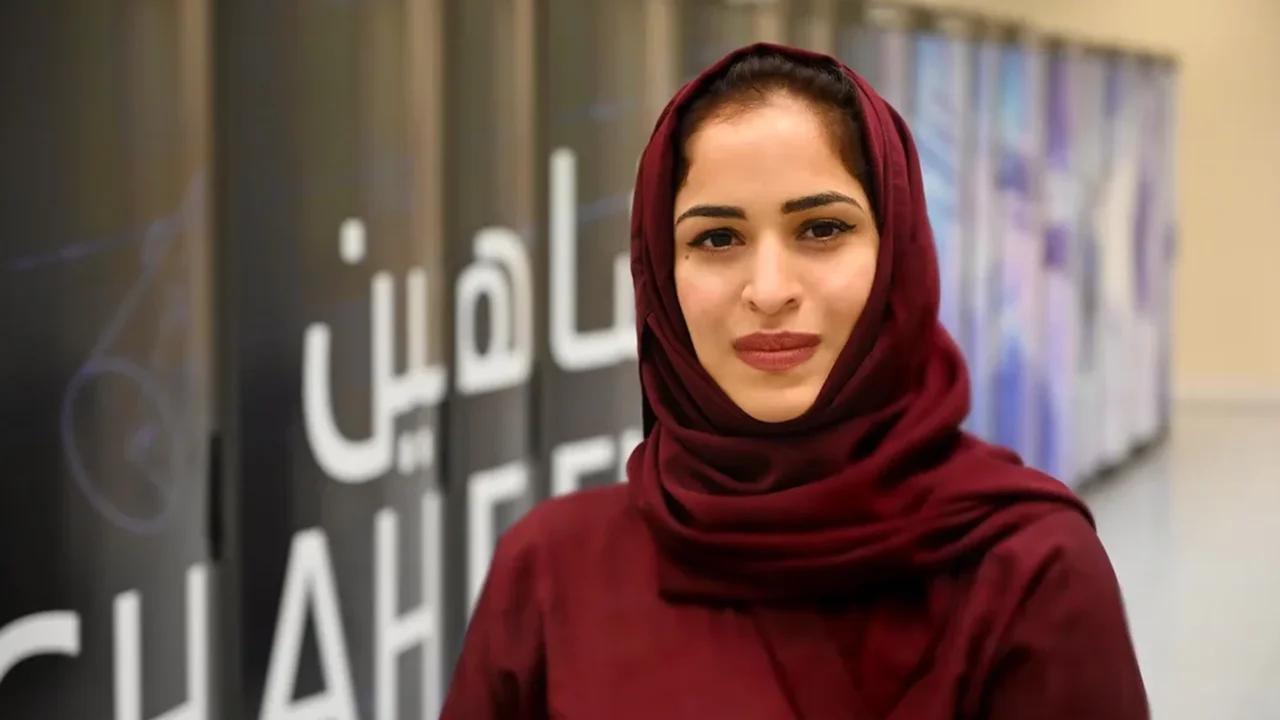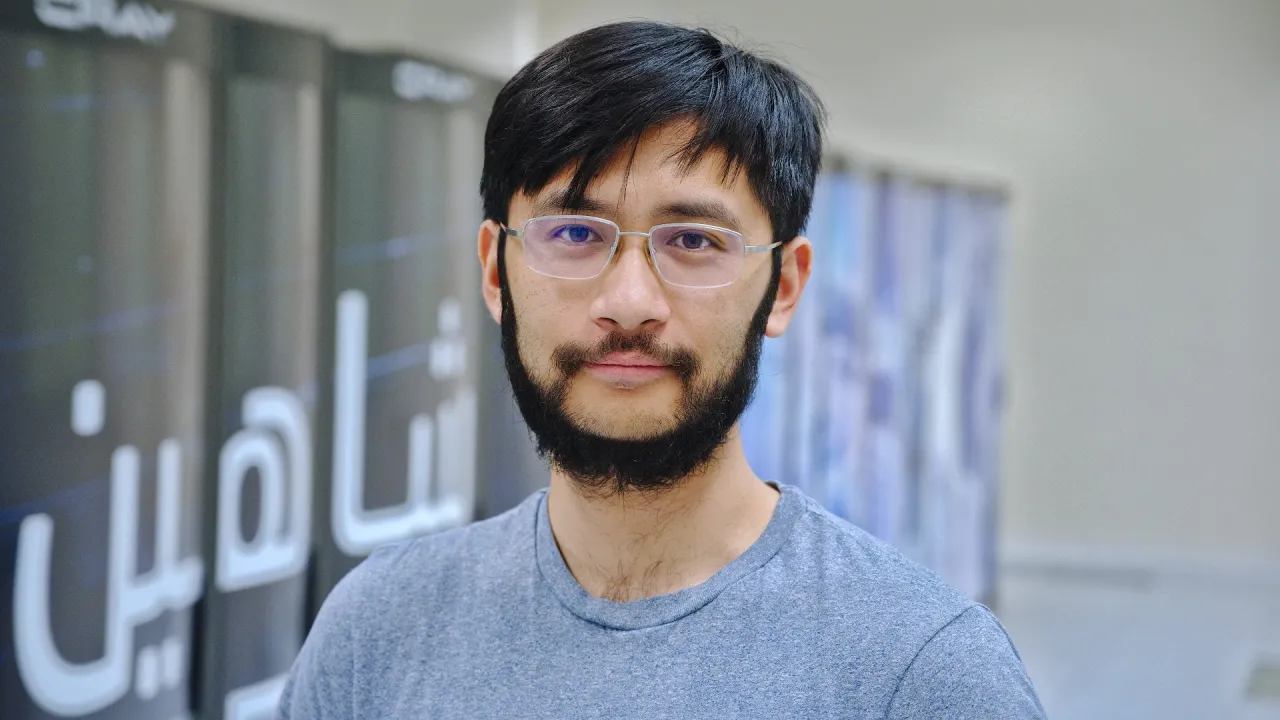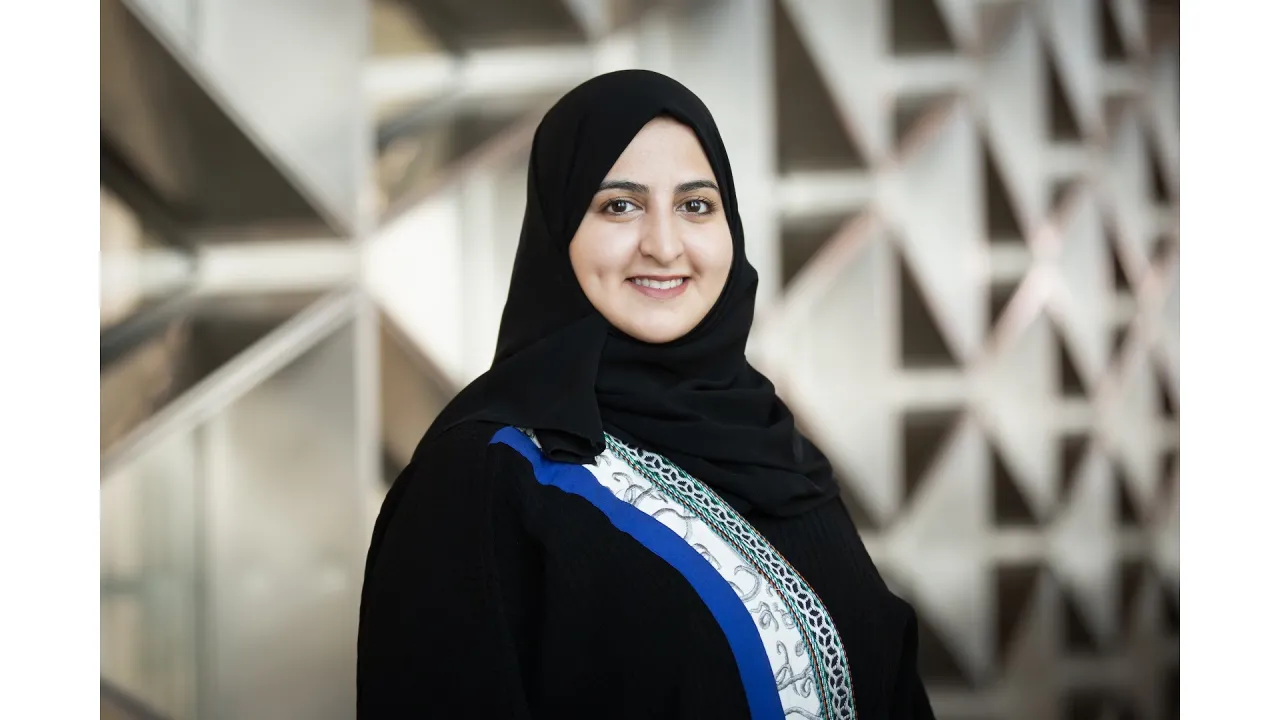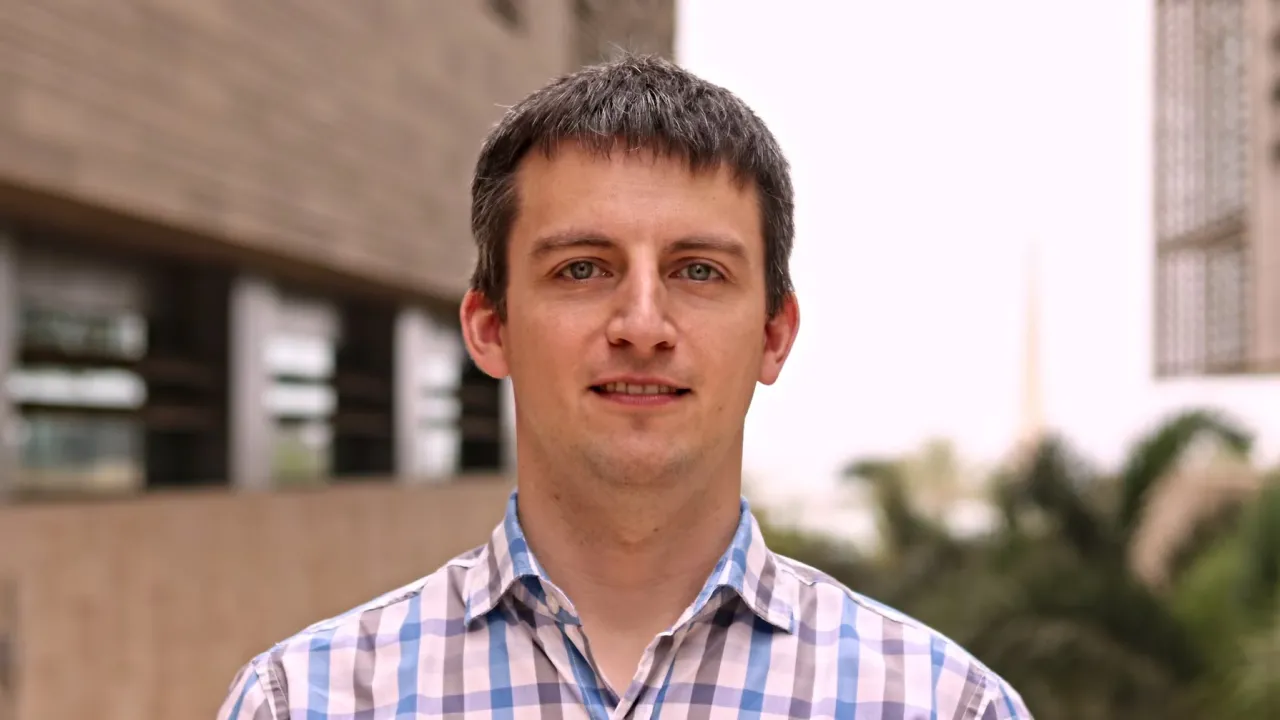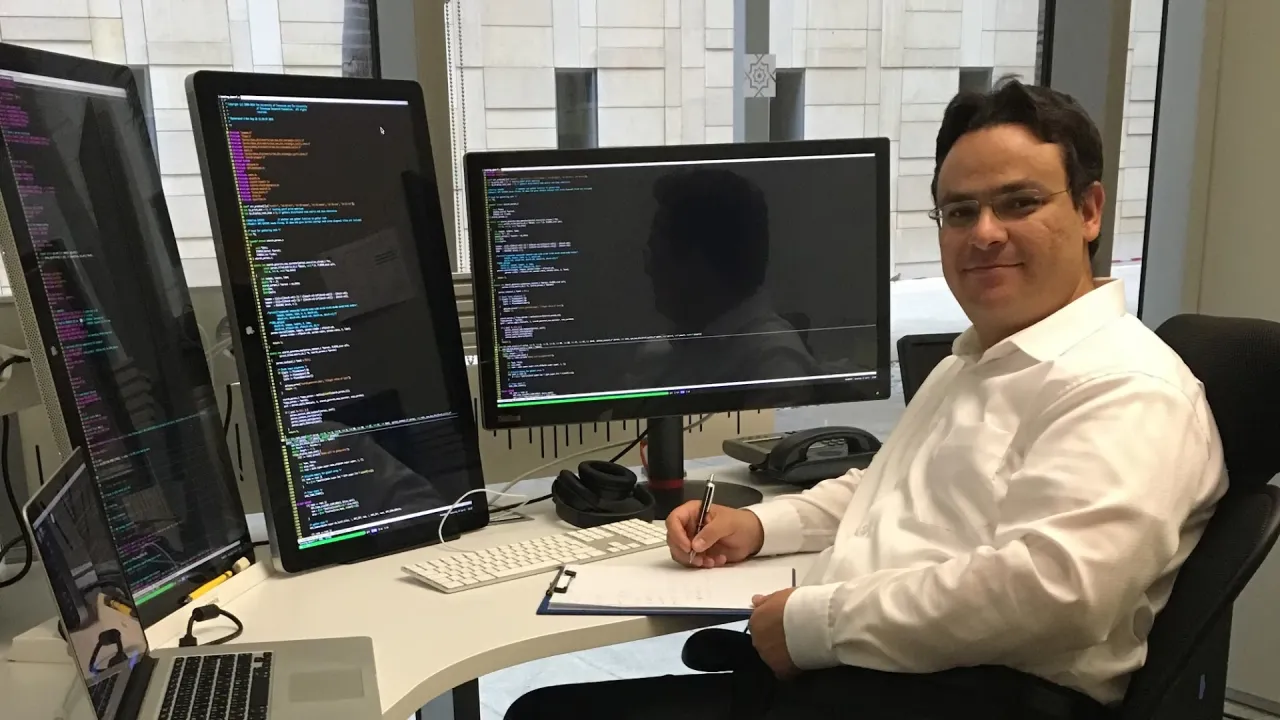Biography
David Keyes is a professor in the Applied Mathematics and Computational Sciences, Computer Science, and Mechanical Engineering programs. He served as a founding dean of the Mathematical and Computer Sciences and Engineering Division from 2009 to 2012 and as the director of the strategic initiative and ultimately the Research Center in Extreme Computing from 2013 to 2024. He is also an adjunct professor and former Fu Foundation Chair Professor of Applied Physics and Applied Mathematics at Columbia University, and a faculty affiliate of several laboratories of the U.S. Department of Energy.
Professor Keyes is Fellow of the Society for Industrial and Applied Mathematics (SIAM), the American Mathematical Society (AMS), and of the American Association for the Advancement of Science (AAAS). He is the recipient of the SIAM Prize for Distinguished Service to the Profession (2011), the Distinguished Faculty Teaching Award of Columbia University (2008), the Sidney Fernbach Award of IEEE Computer Society (2007), and the ACM Gordon Bell Prize (1999), and the Prize for Teaching Excellence in the Natural Sciences of Yale University (1991) .
Keyes graduated summa cum laude in Aerospace and Mechanical Sciences with a certificate in Engineering Physics from Princeton in 1978 and earned a doctorate in Applied Mathematics from Harvard in 1984. He was a Research Associate in Computer Science at Yale University 1984-1985, and has had decadal research appointments at the Institute for Computer Applications in Science and Engineering (ICASE), NASA-Langley Research Center, and the Institute for Scientific Computing Research (ISCR), Lawrence Livermore National Laboratory.
Research Interests
Keyes' research lies at the algorithmic interface between parallel computing and the numerical analysis of partial differential equations (PDEs), with a focus on scalable implicit solvers and nonlinear and linear preconditioning for large-scale applications in energy and environmental science on emerging for power-austere emerging architectures.
Target applications demand high performance because of high resolution, high dimension, and high fidelity physical models and/or the “multi-solve” requirements of optimization, control, sensitivity analysis, inverse problems, data assimilation or uncertainty quantification. Newton-Krylov-Schwarz (NKS, 1994) and Additive Schwarz Preconditioned Inexact Newton (ASPIN, 2002) are methods he co-created and popularized. He also focuses on the discovery of data sparsity and the exploitation of hierarchy in large-scale systems involving dense covariance and kernel matrices in statistics, genomics, data science, and machine learning.
Charters for his research are the International Exascale Software Project (IESP, 2011) and the Science-based Case for Large Scale Simulation (SCaLeS, 2001/2003) reports.
